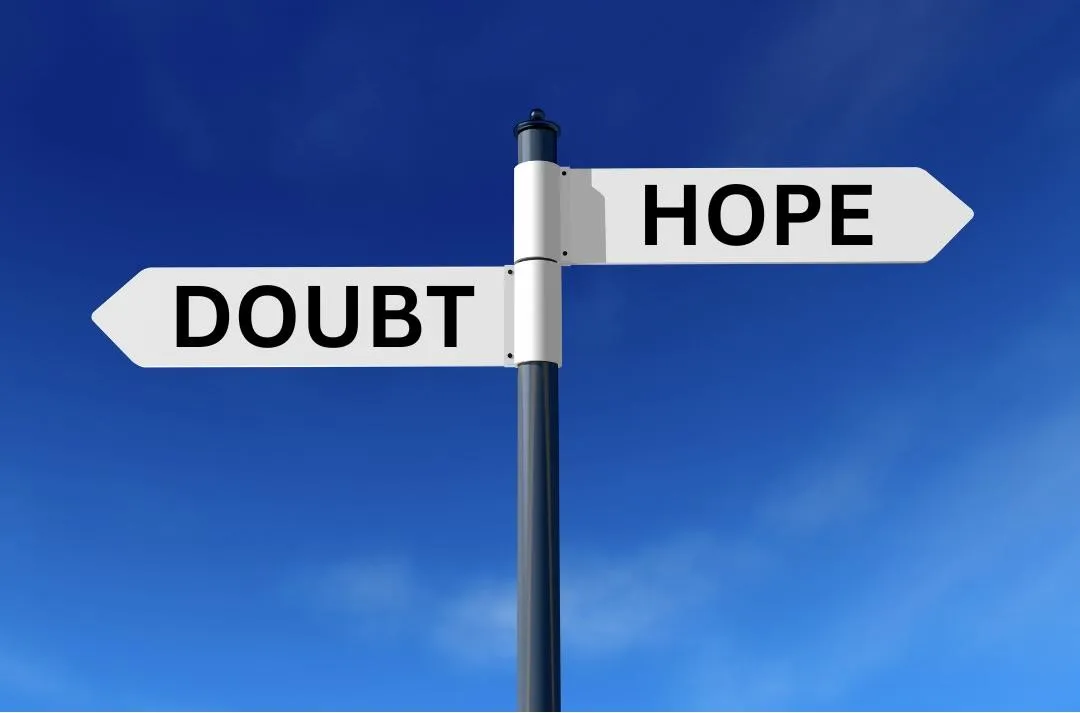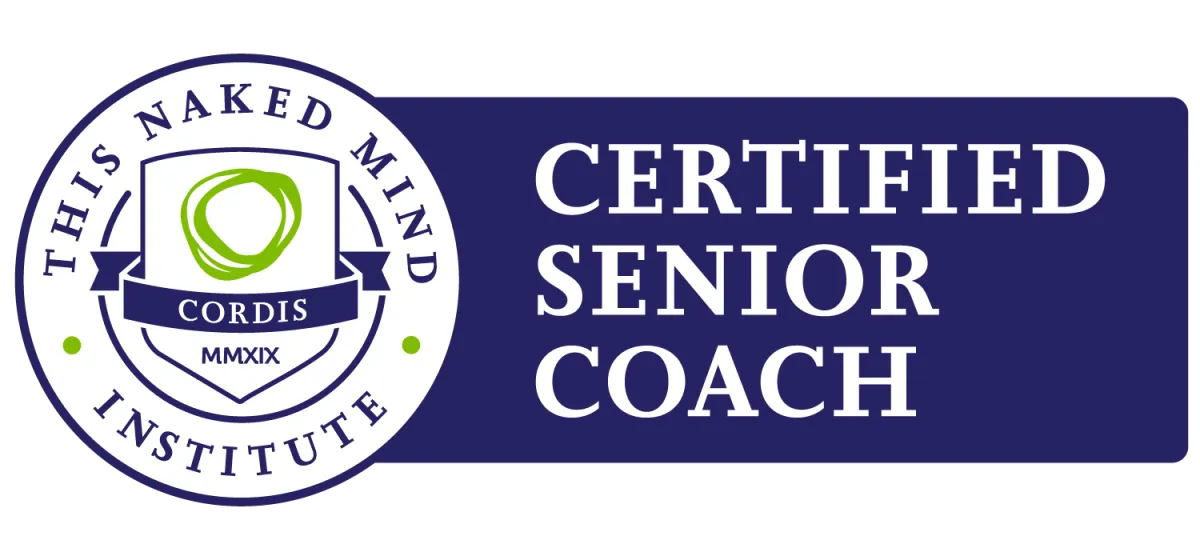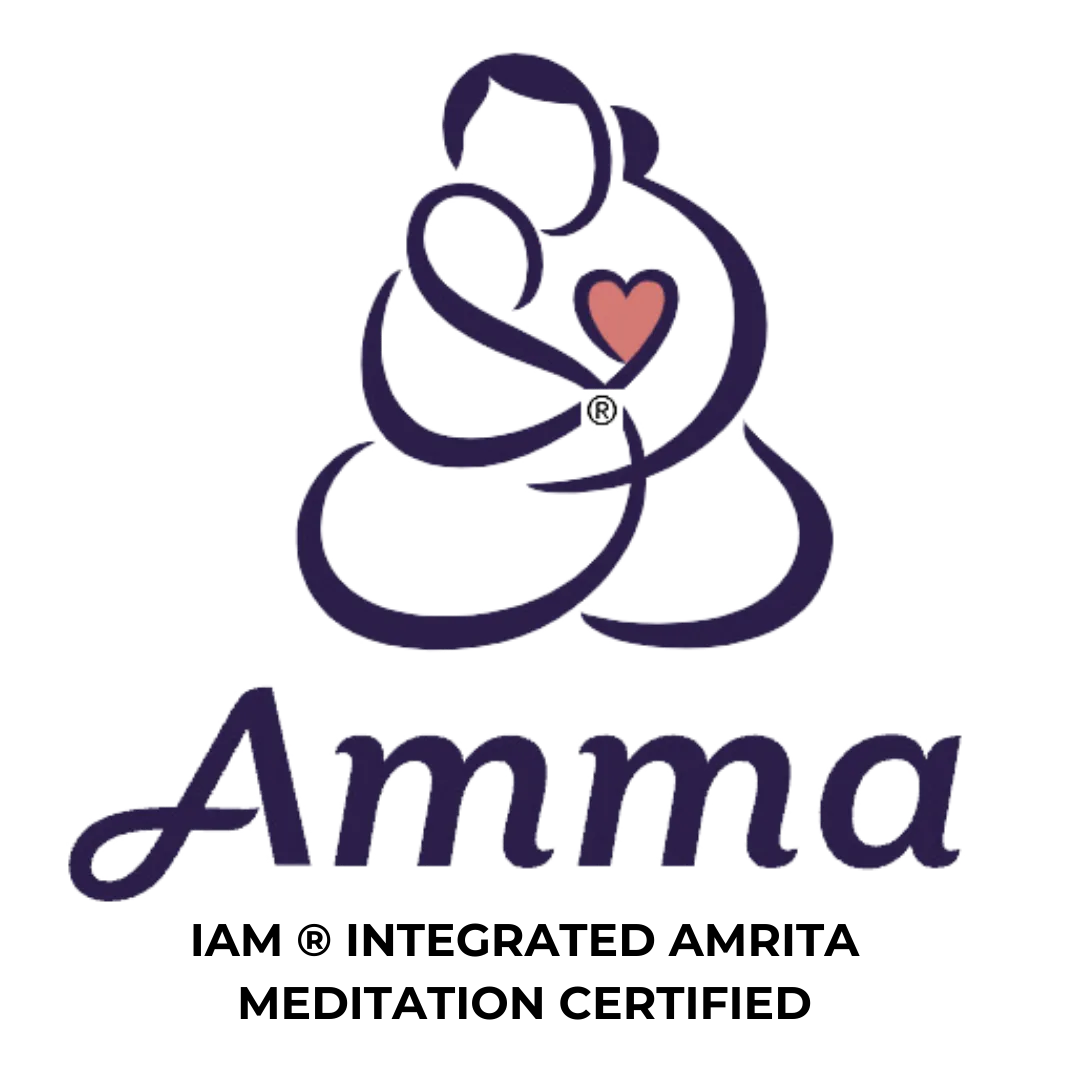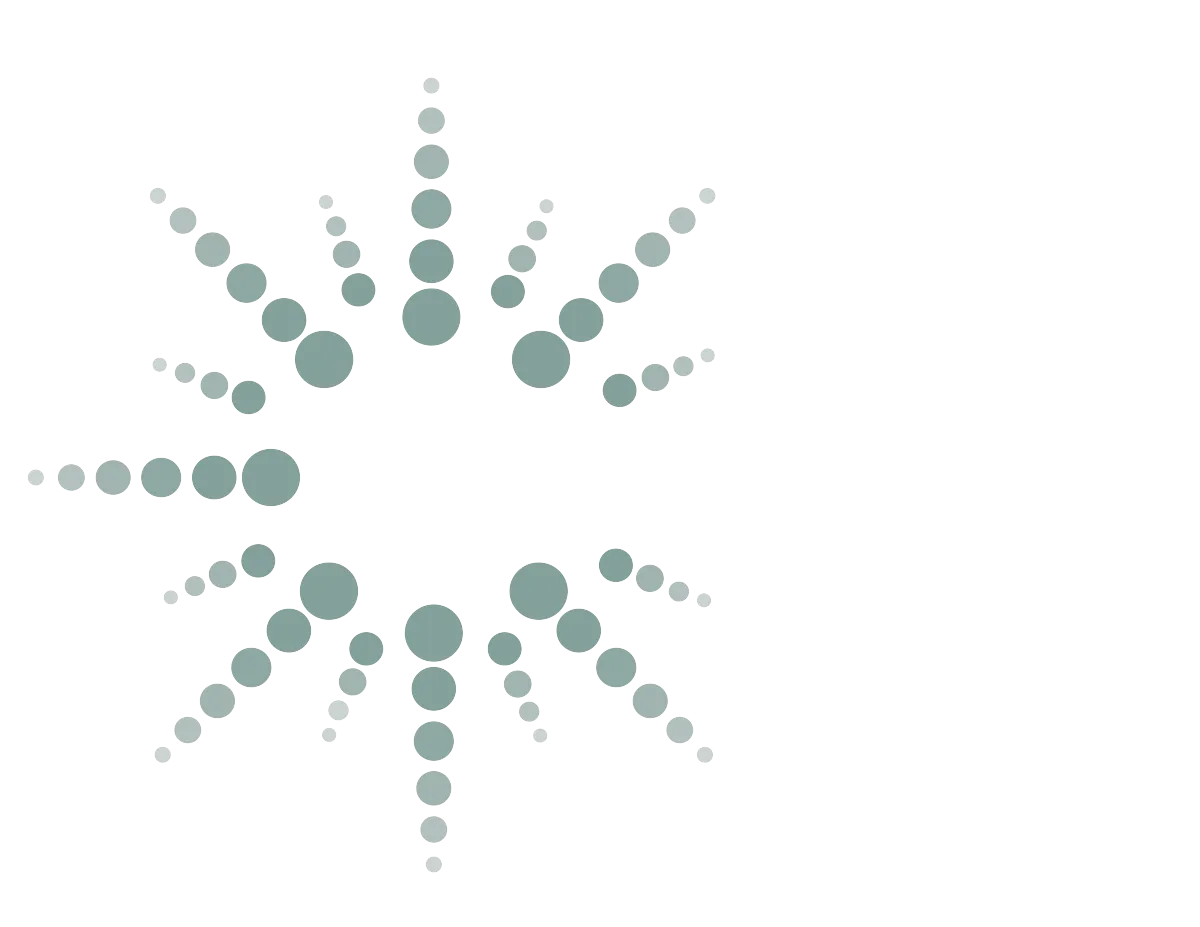
Hope vs. Doubt: Shaping Your Relationship with Alcohol
Hope vs. Doubt: Shaping Your Relationship with Alcohol
Any time an idea pops into your mind, your brain has a choice to make: lean into hope for the outcome you desire, or let doubt—and a belief in the outcome you’re afraid of—take over. This seemingly small decision has a massive impact, rippling through how you feel, what you do, and ultimately, the direction your life takes. When exploring your relationship with alcohol, this choice becomes even more profound.
The Journey from Head to Heart to Hands
When it comes to rethinking your relationship with alcohol, hope and doubt show up as two very different voices. Hope might whisper, “What if this time could be different? What if I could wake up clear-headed and energized?” Doubt counters with, “What if I fail again? Everyone drinks—how can I possibly break free?”
The process starts in your mind. When you choose hope, it sparks feelings of anticipation—a forward-looking emotion that energizes and motivates you. Think of the excitement you’d feel about planning a trip to a beautiful destination. That energy keeps you moving forward with the research and planning, encouraging you to take small, consistent steps toward your dream vacation.

Doubt, on the other hand, produces anxiety. Anxiety is fueled by imagined dangers, like worrying about being judged for not drinking at a social event or fearing you won’t fit in. This anxiety drains your energy and keeps you stuck. It’s like revving your car in the garage—you’re burning fuel but going nowhere.
What starts in the mind then moves to the heart. Hope fills your heart with excitement for what’s possible, while doubt fills it with fear and hesitation. These emotions then translate to action—or inaction. When fueled by hope, you’re more likely to take empowering steps like exploring alcohol-free resources, joining a support group, hiring a coach, or saying no to that glass of wine. Doubt, however, can paralyze you, leaving you feeling stuck in old habits.
The Science Behind Hope and Doubt
Hope and doubt aren’t just abstract ideas—they’re deeply rooted in neuroscience. In his book, The Hope Circuit: A Psychologist's Journey from Helplessness to Optimism, Dr. Martin Seligman, a pioneer in positive psychology, explains that hope activates the brain’s reward system, releasing dopamine. This process creates momentum, helping you envision success and take steps toward it. When you believe that change is possible, you’re more likely to take action to make it happen.
Doubt, by contrast, triggers the amygdala, the brain’s fear center. It amplifies insecurities and focuses on potential failures, creating mental roadblocks. For many, doubt feels louder and more convincing, especially when your drinking habits are deeply ingrained and when the societal groupthink normalizes alcohol use.
Cultivating Hope in Your Alcohol-Free Journey
Hope isn’t just wishful thinking—it’s a skill you can practice and strengthen. In her TED Talk on The Optimism Bias, Neuroscientist Dr. Tali Sharot explains that optimism is a survival mechanism hardwired into the brain. By focusing on hope and taking consistent actions, you can build new neural pathways that support positive change. Here are some practical ways to lean into hope:
1. Visualize Your Alcohol-Free Life
Spend five minutes each day imagining what life looks like without alcohol. Picture waking up energized and clear-headed. Visualize navigating social situations with confidence and fully enjoying your relationships without the haze of drinking. This practice activates the brain’s reward centers and reinforces your belief in what’s possible.
2. Reframe Doubt as Curiosity
When doubt arises, approach it with curiosity rather than judgment. Ask yourself, “Why do I feel this way? Is this doubt based on past experiences, fear of the unknown, or societal pressure?” By reframing doubt as an opportunity to learn, you can uncover insights that help you move forward.
3. Celebrate Small Wins
Every step you take matters. Keep a journal of your daily wins, no matter how small, or have a "win jar" that you toss a marble in for each achievement. Whether it’s saying no to a drink, trying a new alcohol-free ritual, or reflecting on how you feel, watch the jar fill and let these victories build momentum and strengthen your belief in yourself.
4. Lean on Community
Surround yourself with people who inspire hope and support your journey. Join a group like AFreeLife's Transform Together, where shared experiences and encouragement make the path less daunting. Connecting with others reminds you that you’re not alone and reinforces your commitment to change.

The Choice Is Yours
Whether you’re at the beginning of your alcohol-free journey or navigating a setback, remember that hope and doubt are both made-up beliefs. Neither one is a guarantee of the future. So why not choose the belief that gives you energy, sparks motivation, and helps you move closer to the life you want?
Every small choice adds up. By leaning into hope, you’re not just imagining a better future—you’re creating it. What will you choose today?
Please subscribe to Insights, our weekly newsletter for updates about events and more tools and tips for finding AFreeLife!



Joy Stieglitz is a certified Wellness Coach who specializes in helping sandwich generation people change their relationship with alcohol and/or other unwanted habits to find true freedom and joy in their life. Alcohol Free since November 2019, Joy brings valuable insights into her practice. AFreeLife Coaching is a safe space where all are welcome to explore their desire for health, wellness, and personal growth regardless of where they are or want to go on their journey, and regardless of age, race, gender, sexual orientation, religious affiliation, or any other social construct.
© 2026 - AFreeLife - All Rights Reserved - Terms of Service - Privacy Policy

